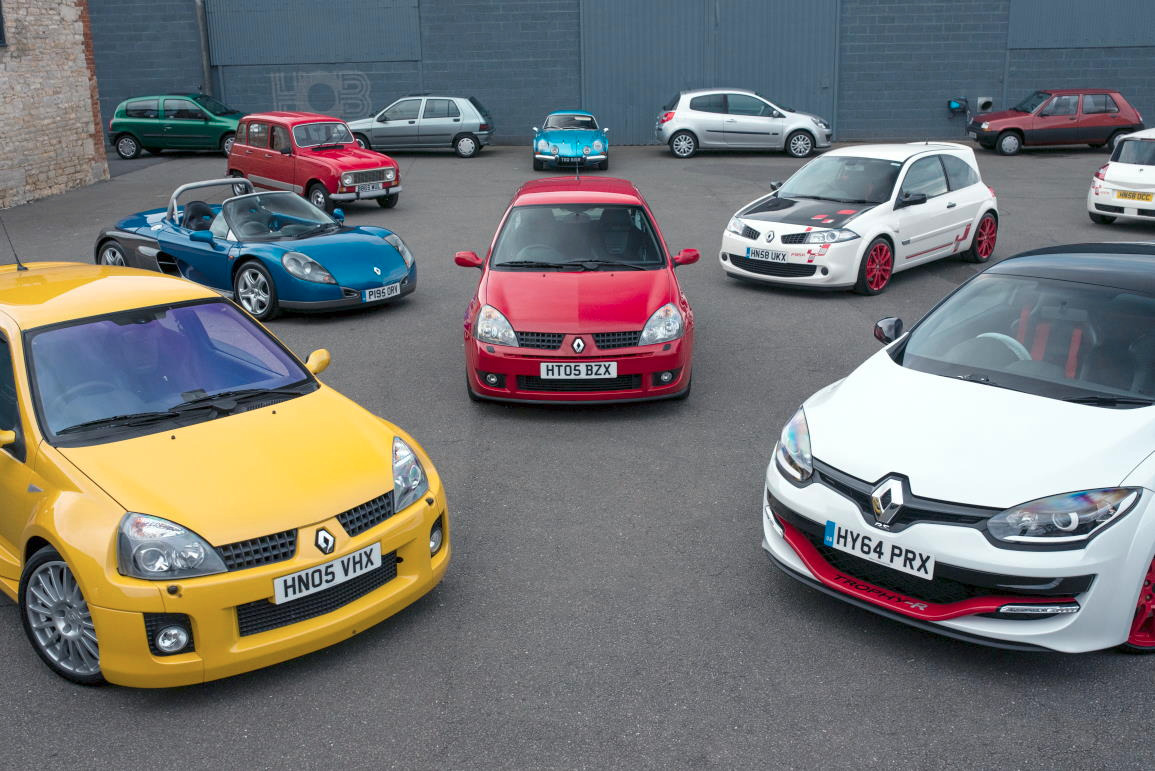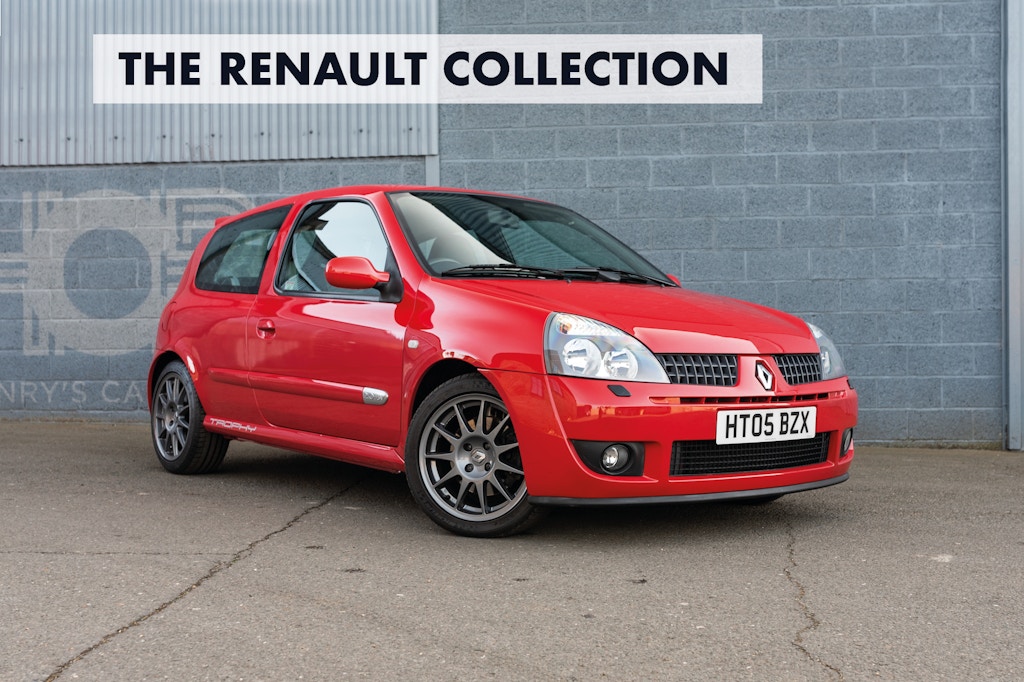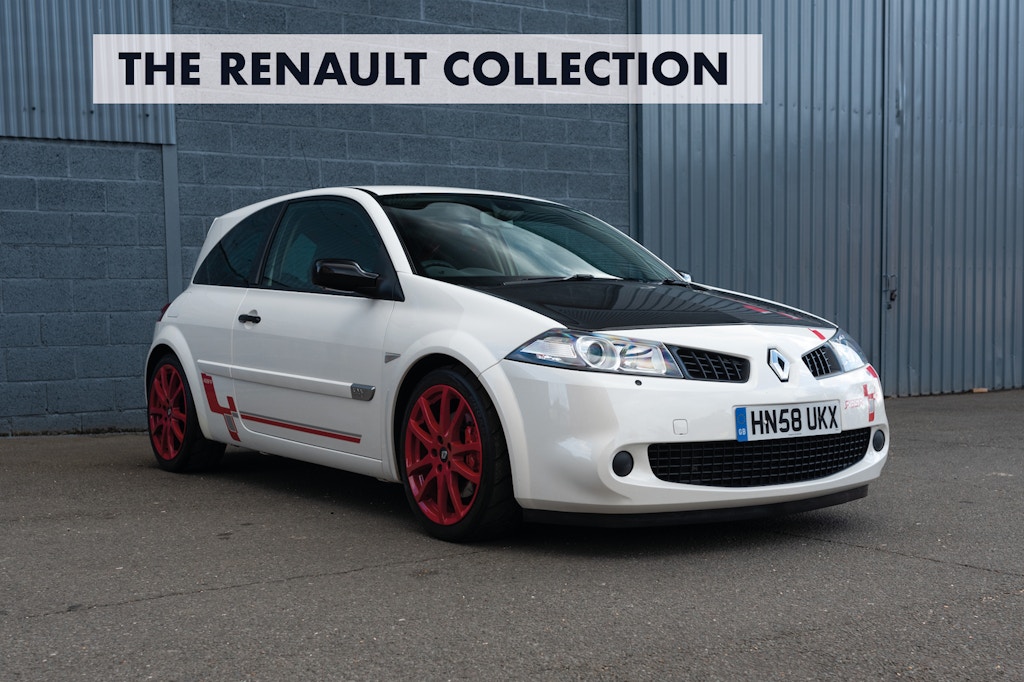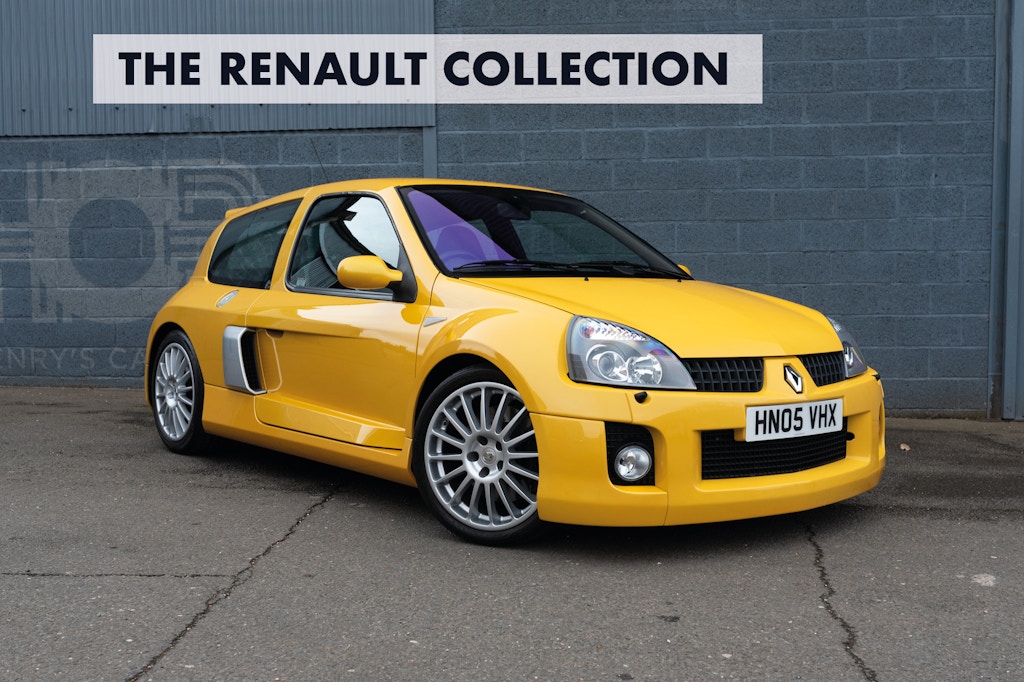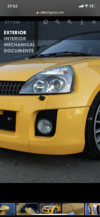But you are missing the point. Renault have a heritage/classic fleet in France at their Flins plant. Quick google suggest the fleet is as many as 750 Cars.
Renault U.K. is not the same as Ford of Great Britain. You’d need to understand the mechanics of global car manufacturers and the regional ‘national sales centres’ to really understand why. FOGB is very different, both is scale and U.K. heritage.
there is literally little value in Renault U.K. keeping old press cars on fleet after a certain point. Cars can be shipped over from Paris to places like Goodwood and whilst a trophy is cool over here it was a very U.K’centric car.
so, yeah it’s cool to own them, I can assure you it costs more than you think to store. But ultimately it probably makes more sense to rationalise the fleet centrally in Europe.
FoB are a very different organisation to Renault UK. However, while there are big differences, the point stands that a well-managed heritage fleet can be an asset, rather than just a cost centre.
It makes sense for someone like Renault to keep the majority of their heritage vehicles in France, but a small, focused selection of key vehicles from a particular market could still be a useful asset. I certainly wouldn't recommend that they kept an example of every model ever sold, but there are a few cars that represent significant points in their history that could be useful.
An original Espace, a Clio Trophy, a Clio Williams, an R26.R, and an Alpine A110 might be about enough. They could be maintained by the press garage, rather than having a distinct outfit, or their maintenance could even be contracted out if required. I bet dealers would kill for the cache of being the official heritage custodian. Cost can be offset by renting out to dealers for events, for TV use, or for other events. Maintaining a handful of vehicles that do tiny miles is a pretty insignificant cost if you handle it right. It would be tiny compared to maintaining the regular press fleet. Relying on a supply of heritage vehicles from France would come with its own issues and costs too.
The UK was one of the biggest markets for Renault Sport, so I do think caution is required when throwing that in the bin. I think the switch to Alpine is a mistake personally. The A110 has sold in tiny numbers (under estimate I believe), so I'm not sure that the brand is going to do what they hoped. It's sad in a way that the focus is on the top-end models. One of the most interesting things about the Ford collection is the cooking models. Basic Mondeos and Fiestas are almost extinct in the wild. Preserving those cars is more important than preserving the hot models in many ways, as the hot models will be preserved by private owners.
I understand your point about these cars not being useful in a world where the R.S. brand has been canned, or where we're focusing on EVs, but you also have to balance things for the future. If Alpine does fail and they have to bring R.S. back, they then might find themselves looking for cars to replace what they sold (manufacturers have had to do this in the past). Also, I think we may see that, once the initial EV fluff has died down, that brands have to rely a lot more on heritage to try and give themselves some identity over their rivals. This may see us going for "coach built" cars based on EV skateboards, or trying to trade off retro designs that echo the designs of the past. Heritage vehicles suddenly become very useful when you're trying to trade on your history.
I don't think a manufacturer can realistically have hundreds upon hundreds of vehicles tucked away in every market, but I think execs do need to be a little cautious when sweeping these things out of the door, as I've heard enough stories of this happening and then, a few years later, people being tasked with finding nice examples to replace what was sold previously.
